About
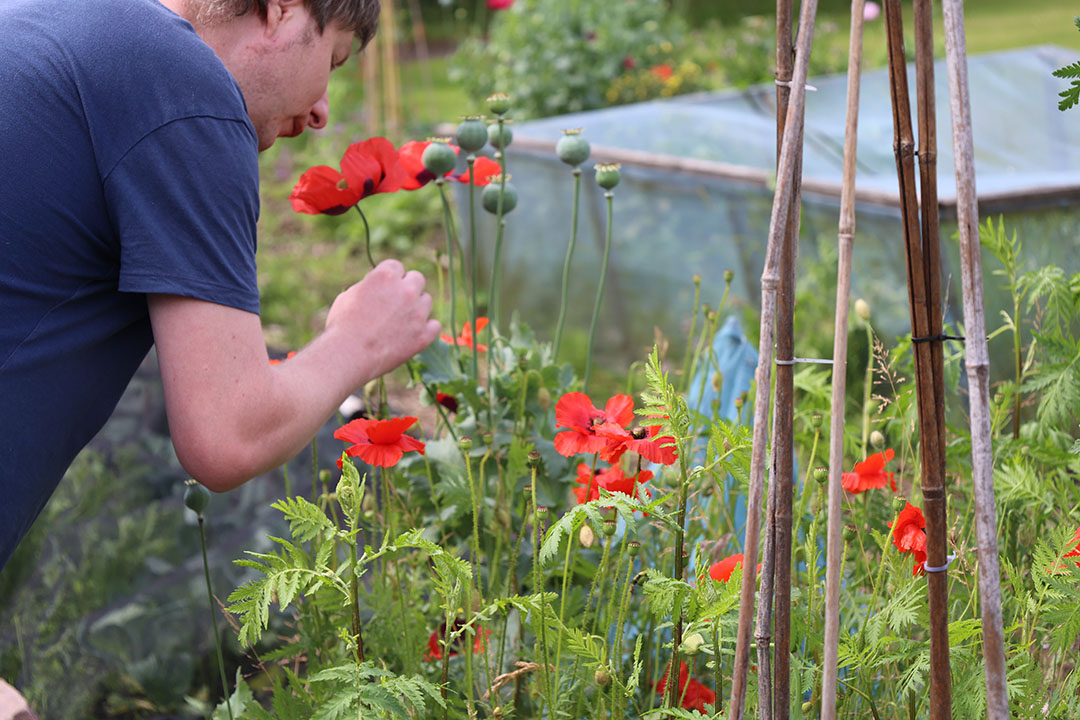
A volunteer checking his plants at Goscote Greenacres community garden in Walsall. Photo by Emily Boxall
Key terms
Nature-based Solutions (NbS)
…are ‘actions to protect, sustainably manage, and restore natural or modified ecosystems, that address societal challenges effectively and adaptively, simultaneously providing human well-being and biodiversity benefits’
Social prescribing
…‘is a means of enabling health professionals (usually working in primary care settings) to refer people to a range of local, non-clinical services. (…) Recognising that people’s health and wellbeing are determined mostly by a range of social, economic and environmental factors, social prescribing seeks to address people’s needs in a holistic way. It also aims to support individuals to take greater control of their own health.’
Green Prescribing
(or Green Social Prescribing)
…‘is a means of enabling health professionals (usually working in primary care settings) to refer people to a range of local, non-clinical services. (…) Recognising that people’s health and wellbeing are determined mostly by a range of social, economic and environmental factors, social prescribing seeks to address people’s needs in a holistic way. It also aims to support individuals to take greater control of their own health.’
Rationale
Nature based Solutions (NbS) and actions, such as therapy gardens and walking groups, have been considered a clinically valid option to increase exercise, improve mental health and reduce obesity for some time. It has been listed in both the Public Health White Paper (Department for Health, 2010) and the 25 year Environment Plan as a strategic priority and there is a growing body of evidence on their effectiveness (for examples, see our further reading list below). These show an increasing interest in supporting NbS as an accessible, cost-effective and sustainable addition to existing treatments.
Despite this, NbS for health and wellbeing has not yet been adopted widely. The knowledge, skills and resources to develop NbS rarely extend beyond the landscape/environmental sector into areas such as public health or social care. This could be a barrier for less resourceful communities who do not have equal physical, cultural social access to natural spaces.
The COVID-19 pandemic has highlighted more than ever the importance of being outdoors to people’s mental and physical health. It made stark the inequality of access to green spaces. COVID-19 has also seen a surge in community activity and collective aspiration to ensure green recovery after the pandemic. Wider NbS adoption has the potential to help answer some of the urgent public health and wellbeing challenges in the post-COVID world.
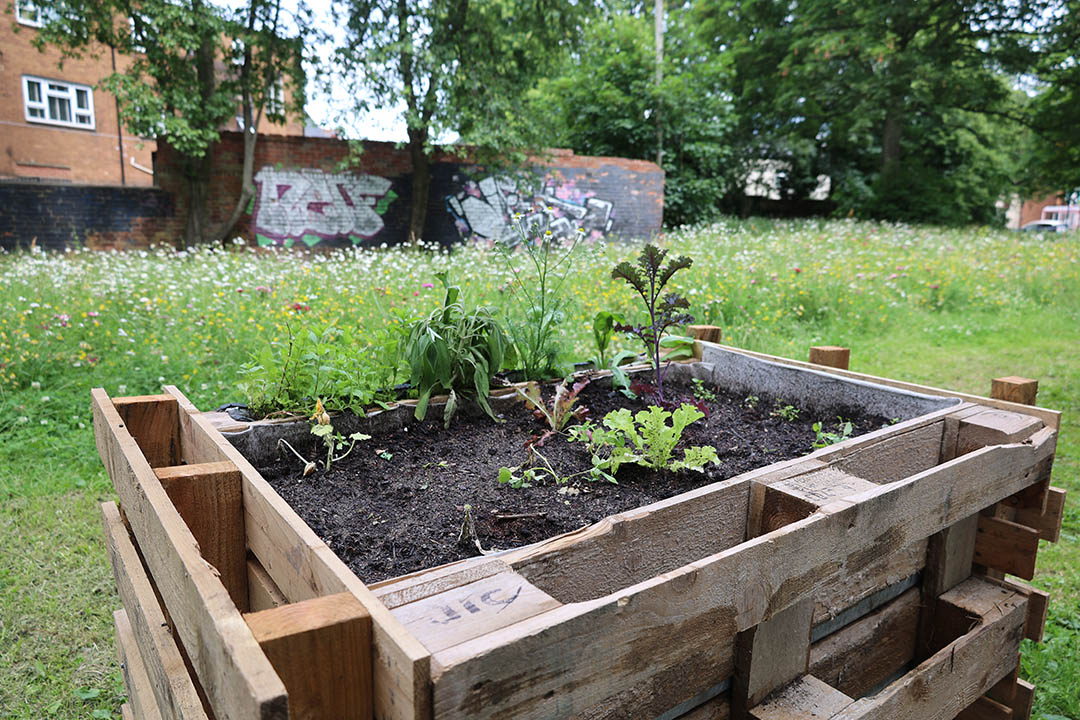
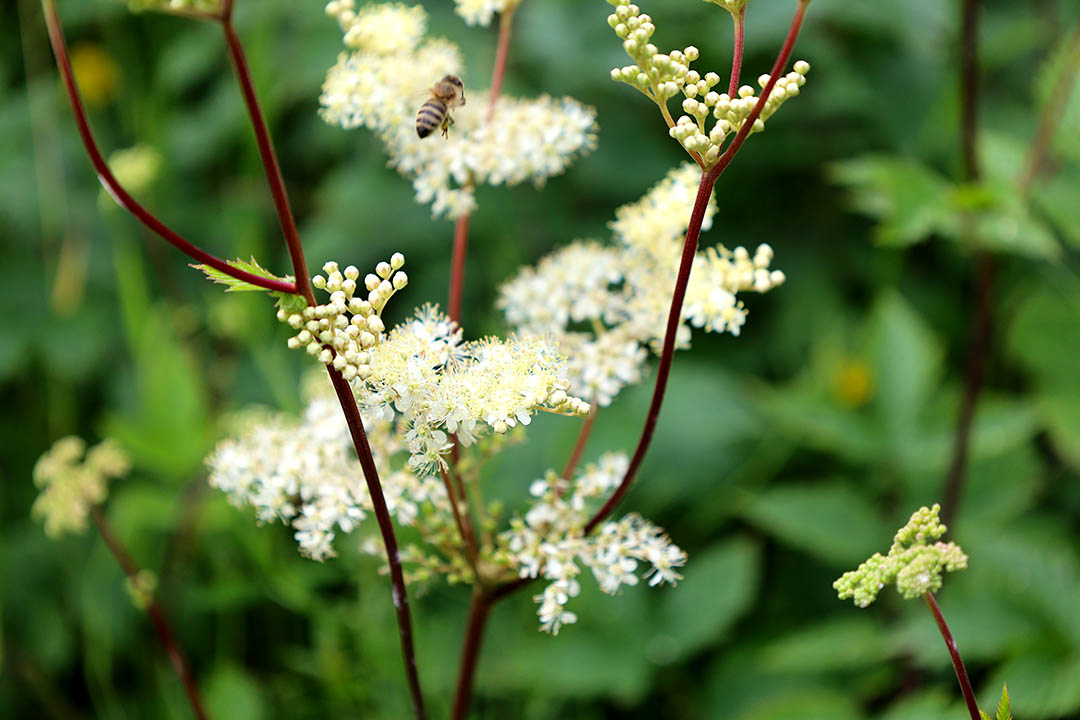
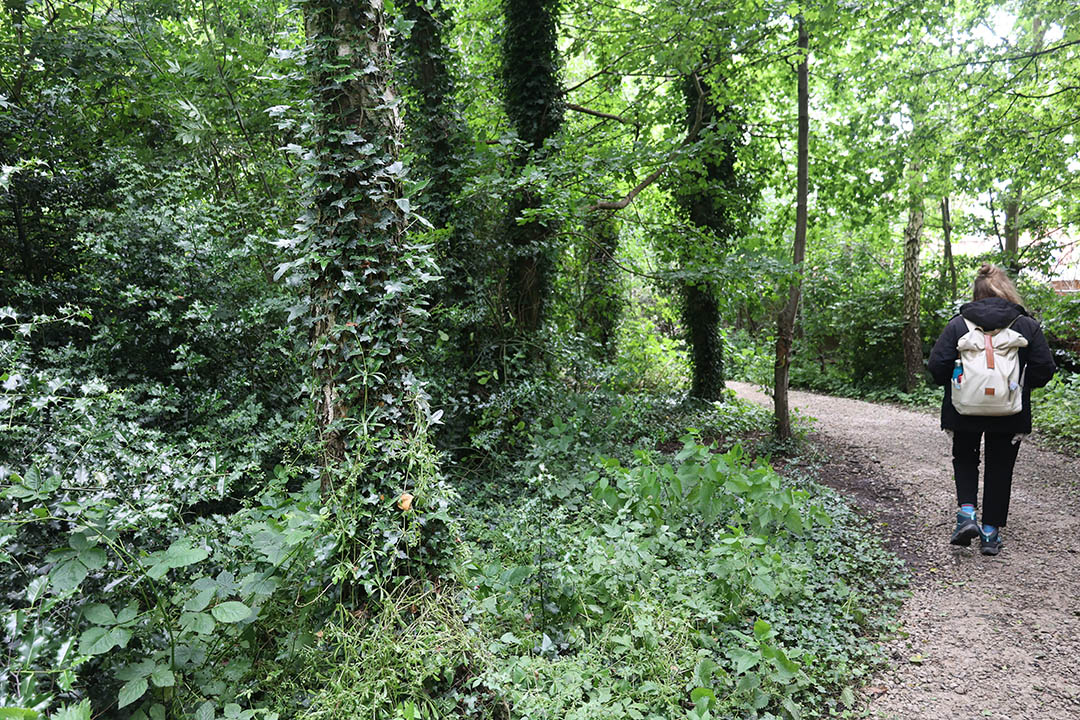
Aims
The Nature’s way project aims to support wider adoption of grassroots NbS projects through co – creating and sharing local knowledge and methodologies. The project combines design thinking, landscape architecture, healthcare, policy, housing, city planning, technology, and volunteering and community action.
Our activities and outcomes will include:
- A co-created method (processes, tools and guidance) that enables people to innovate effective NbS interventions
- Two projects in Walsall and Bradford working in close partnerships with local communities in these two areas.
- An open innovation platform focussing on NbS development and knowledge sharing
- Journal and conference papers examining the role of design thinking in NBS innovation.
Our approach
Our approach to this project draws key aspects from service design, landscape architecture and community action. This comes from our hypothesis that NbS for health and wellbeing needs to consider the specifics of place, the needs and motivations of the people (and other beings) it will affect, and the voices of the community it seeks to serve in order for it to be effective and sustainable.This integrated approach will develop through participatory action research, where we learn through doing, reflecting and iterating.
We also are engaging with people in the NbS space, from national policy makers to hyperlocal innovators, through interviews, co-creation workshops, roundtables, user testing and field visits etc. Together with a literature review, we hope build a comprehensive understanding of the system and barriers currently facing communities who wish to set up their own NbS innovation.
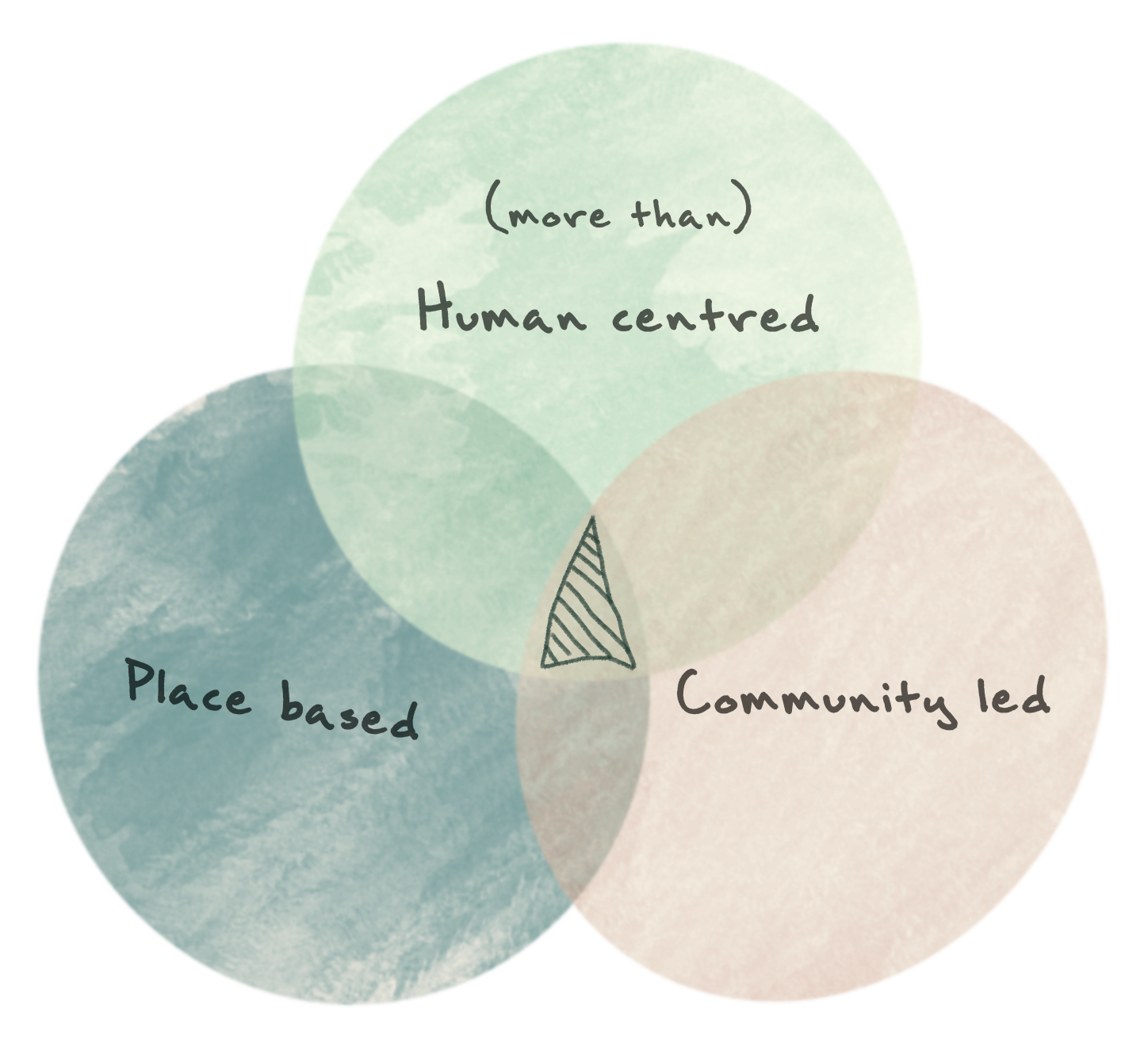
References & further reading
Buck, D., & Ewbank, L. (2020). What is social prescribing?. Retrieved 13 July 2021, from https://www.kingsfund.org.uk/publications/social-prescribing
Robinson JM & Breed MF. Green Prescriptions and Their Co-Benefits: Integrative Strategies for Public and Environmental Health. Challenges. 2019; 10(1):9. https://doi.org/10.3390/challe10010009
Department for Health (2010) Healthy Lives, Healthy People: Our strategy for public health in England 2010. London: The Stationary Office (CM7985).